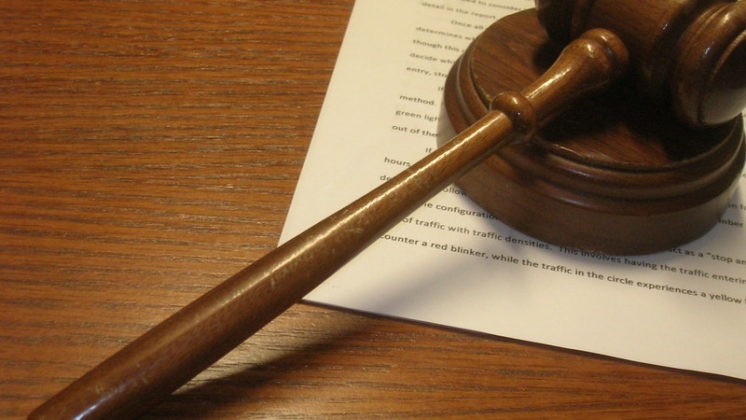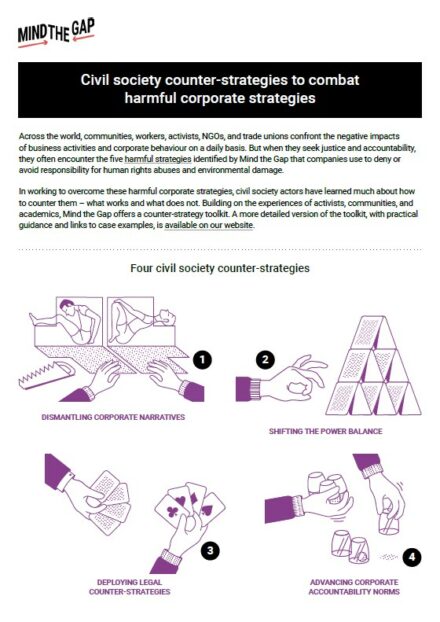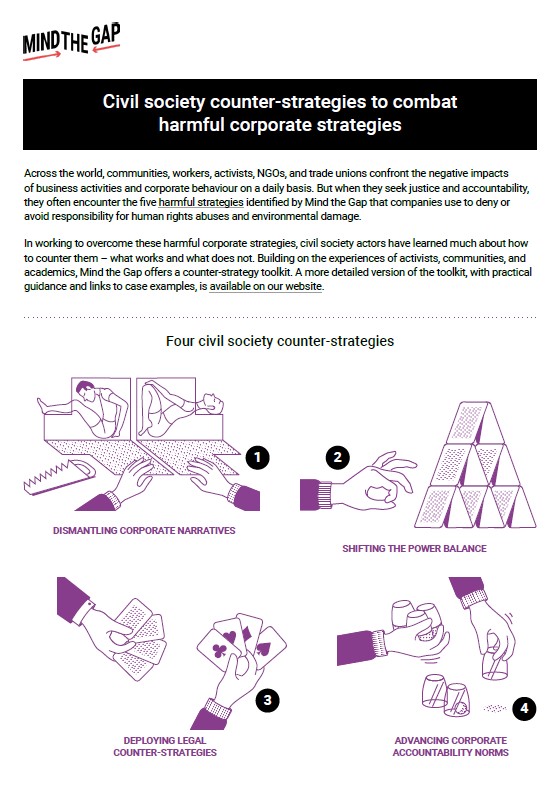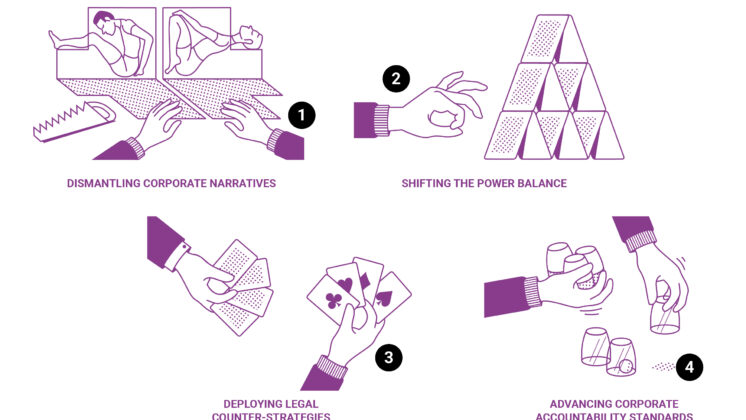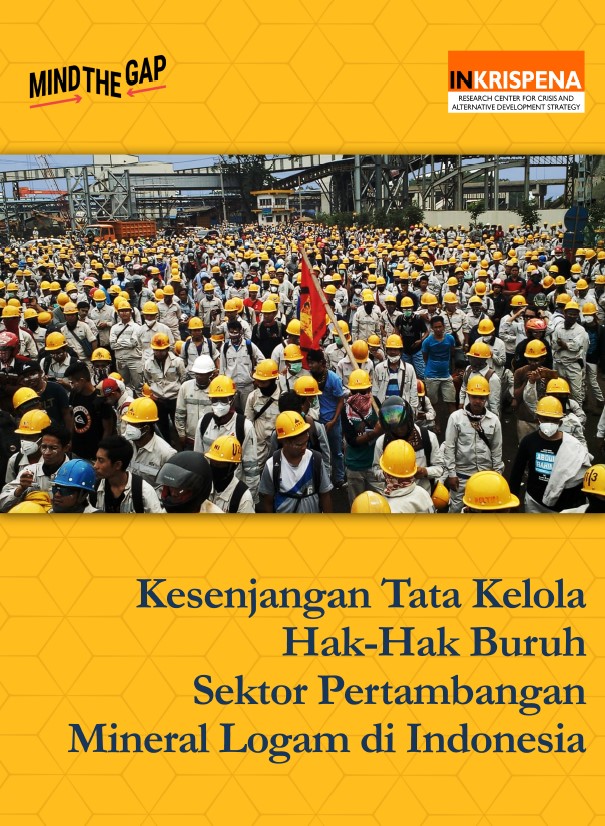When faced with public criticism or reporting of corporate misconduct from civil society organisations or human rights defenders, one response that companies increasingly resort to is the strategic civil lawsuit to silence critics.
“The way we won these cases… is not by spending all of Reynolds’ money, but by making the other son of a bitch spend all of his.” – R J Reynolds Tobacco Company internal memo, 1993
CASE STUDY: Energy Transfer Partners SLAPP lawsuit against BankTrack
Such lawsuits have been coined Strategic Lawsuits against Public Participation (SLAPP) and generally take the form of defamation lawsuits. The ultimate objective of companies for engaging in SLAPP suits is not to win the lawsuit but to intimidate and burden their critic.[1] This has a three-fold impact. First, it undermines the legitimacy of existing criticism. Second, it has a chilling effect on future criticism. And third, it drains the resources of dissenters.
CASE STUDY: SLAPP suits against Sherpa by VINCI Construction
Although companies will not openly identify their lawsuit as a so-called SLAPP suit, such lawsuits are generally regarded attempts to silience critics addressing corporate misconduct. Organisations with insufficient resources to contest SLAPP suits in the wake of a report may decide to forego publication. This strategy thus quells vocal criticism, which is one of the few means to achieve corporate accountability in a general environment of impunity.
[1] Civil Liberties Defense Center, “Strategic Lawsuits against Public Participation,” April 24, 2014, https://cldc.org/slapp-suits/ (accessed November 7, 2019).

